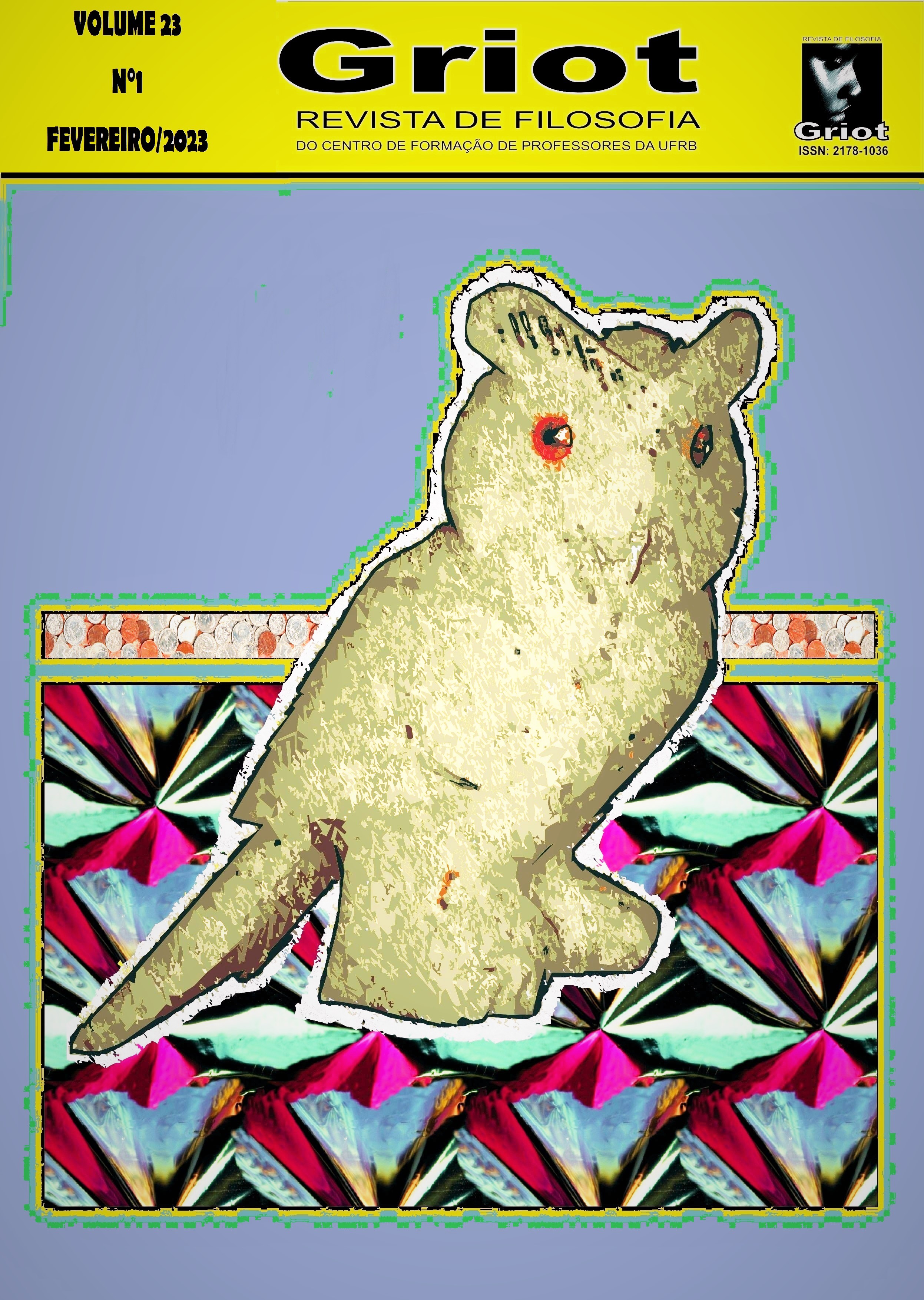John Stuart Mill's utility happiness
DOI:
https://doi.org/10.31977/grirfi.v23i1.3156Keywords:
Mill; Utilitarianism; Happiness; Pleasure; Moral.Abstract
For John Stuart Mill pleasure and happiness are not the same thing, because a certain amount of pleasure enjoyed does not necessarily mean that a person achieves happiness in the same proportion. Happiness would be a general overview of well-being present not only in the individual, but in the entire society in which he lives. In this way Mill understands that there cannot be a society where all individuals have an unlimited amount of pleasures and that therefore there are suffering and unhappy people within the society. However, this situation changes over time among individuals, and his point of view values the sum of the well-being present among all people, leading to his principle of greater happiness. This happiness is not equal to that present in the school of virtues or even in deontology, it differs by addressing other issues such as the reason to promote the good, the implementation of the principle of preventing harm, helping the innocent and the consideration that the numbers do count, that is, your concern goes beyond the individual aspect. Therefore, happiness cannot be separated from morality, so the analysis of the consequences of actions in favor of greater happiness should not contradict the moral principles of human society. These moral principles serve as a guide for the judgment of human actions, which in turn, if considered correct and good, tend to the path of pleasure and consequently of happiness from Mill's utilitarian point of view.
Downloads
References
ARISTÓTELES. Ética a Nicômaco. São Paulo: M. Claret, 2004.
BERTEN, André. Deontologismo. In: CANTO-SPERBER, Monique. Dicionário de ética e filosofia moral. São Leopoldo: Unisinos, 2003.
CRISP, Roger. Routledge philosophy guidebook to Mill on utilitarianism. London and New York: Routledge, 1997.
IRWIN, Terrence. The Development of Ethics. A Historical and Critical Study. Volume III: From Kant to Rawls. New York: Oxford University Press Inc., 2009.
KANT, Immanuel. Fundamentação da Metafísica dos Costumes. Lisboa: Edições 70, 2009, BA12 – BA13.
MILL, John Stuart. Essays on Ethics, Religion and Society. Vol. 10. Toronto: Universidade de Toronto, 1969.
MILL, John Stuart. A Liberdade; Utilitarismo. São Paulo: Martins Fontes, 2000.
MILL, John Stuart. Utilitarismo. Porto: Porto Editora, 2005.
MULGAN, Tim. Utilitarismo. Petrópolis: Vozes, 2012.
SIDGWICK, Henry. Os Métodos da Ética. Lisboa: Fundação Calouste Gulbenkian, 2013.
SILVEIRA, Denis Coitinho. Uma Crítica ao Utilitarismo: O Problema do Fundacionalismo e do Princípio do Sacrifício. In: PIZZI, Jovino; GHIGGI, Gomercindo (Org.). Pensamento-crítico III: utilitarismo e responsabilidade. Pelotas, RS: UFPel, 2011.
TORRES, João Carlos Brum. Sobre o Utilitarismo como teoria filosófica da moralidade. Revista UCS, Ano 1, Número 6, 2013. Disponível em: https://www.ucs.br/site/revista-ucs/revista-ucs-6a-edicao/academia/. Acessado em 20 de setembro de 2022.
Downloads
Published
How to Cite
Issue
Section
License
Copyright (c) 2023 Léo Spagnolo

This work is licensed under a Creative Commons Attribution 4.0 International License.
The authors who publish in Griot: Revista de Filosofia maintain the copyright and grant the magazine the right of first publication, with the work simultaneously licensed under the Creative Commons Attribution 4.0 International License, allowing sharing and adaptation, even for commercial purposes, with due recognition of authorship and initial publication in this journal. Read more...









































































